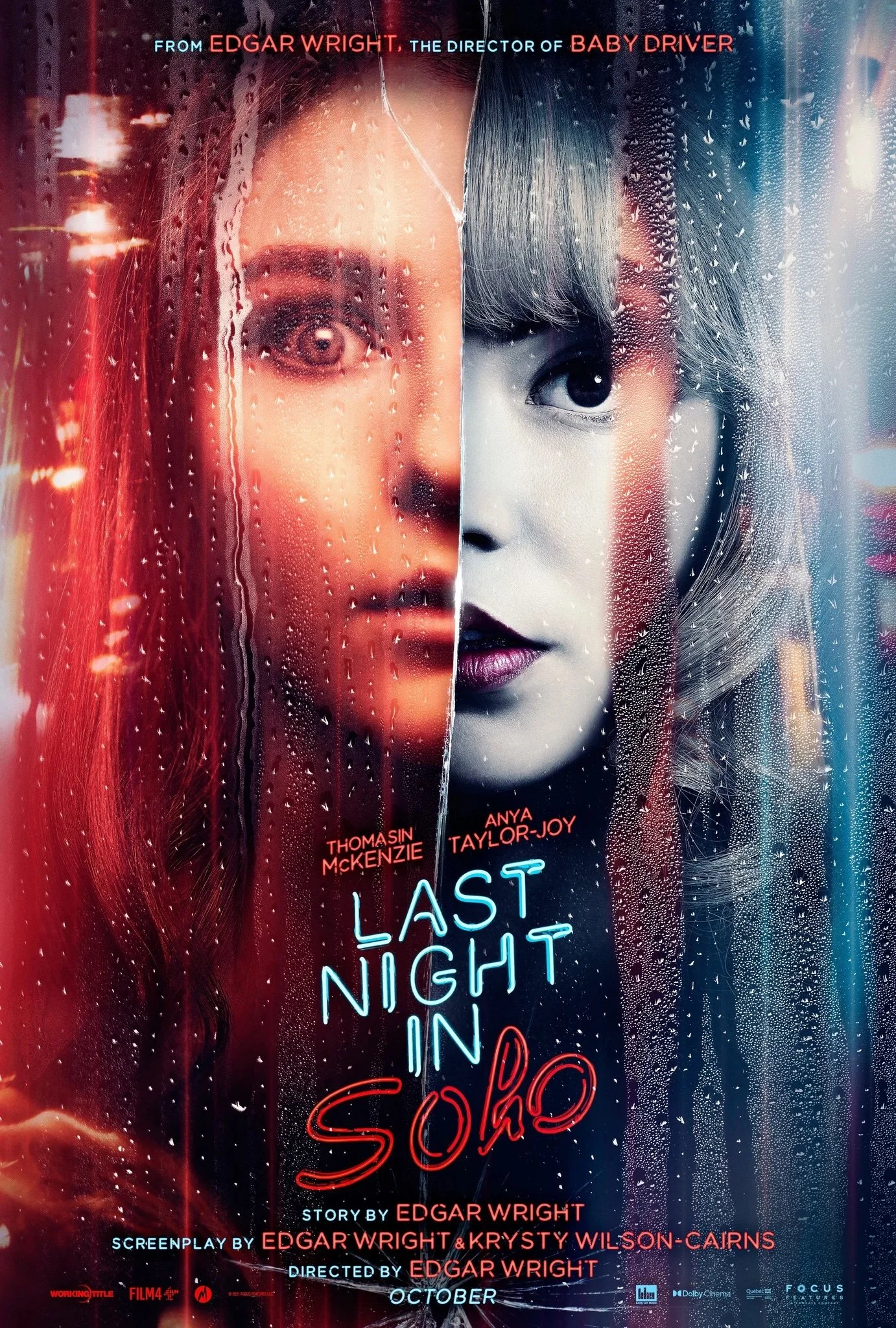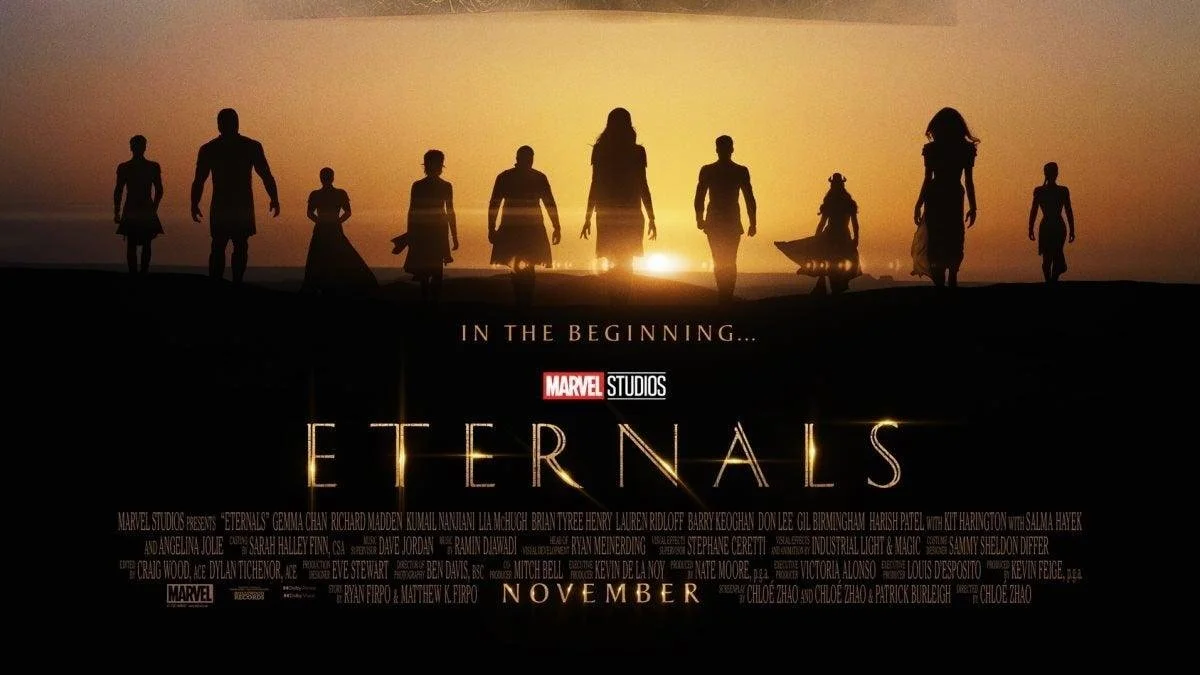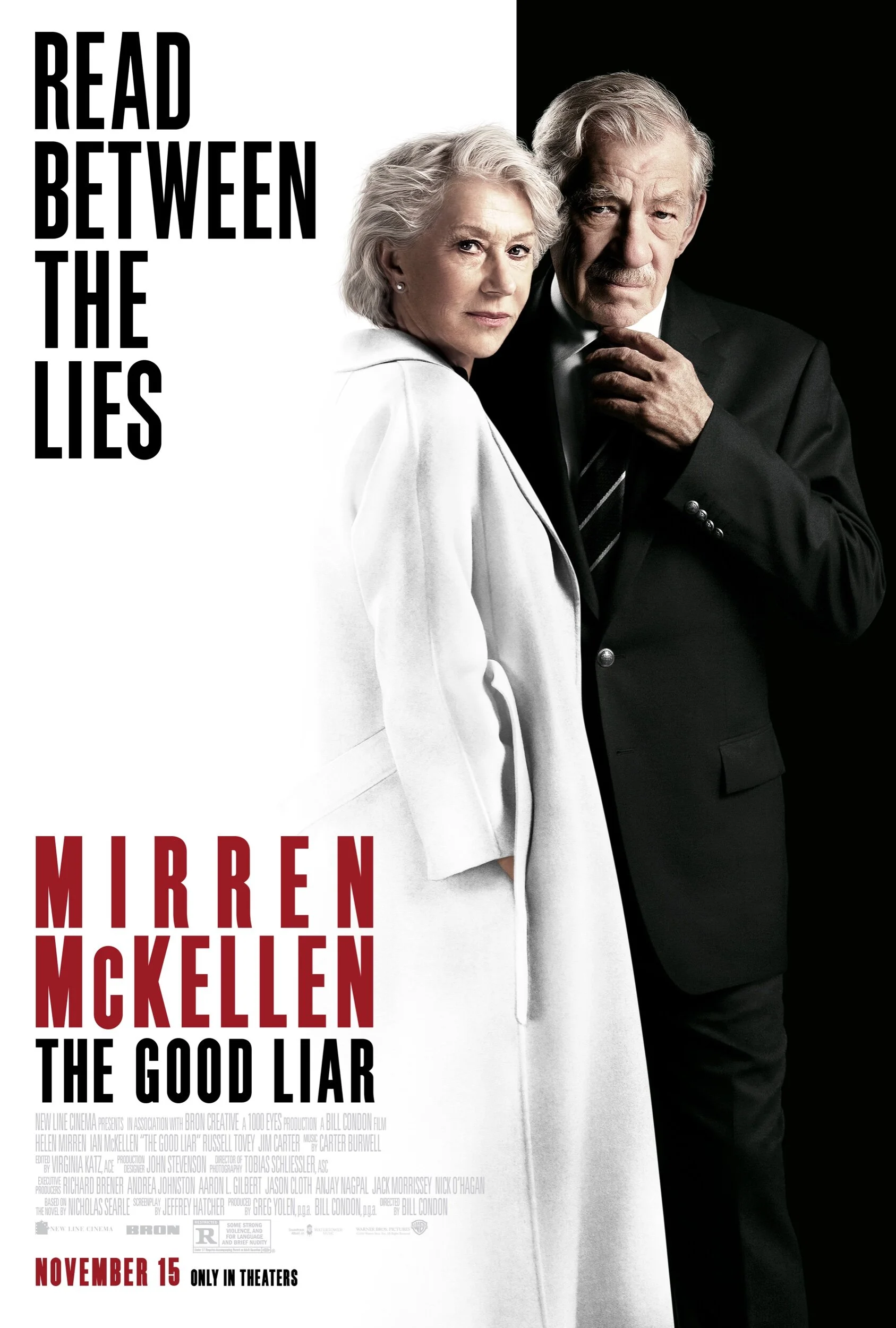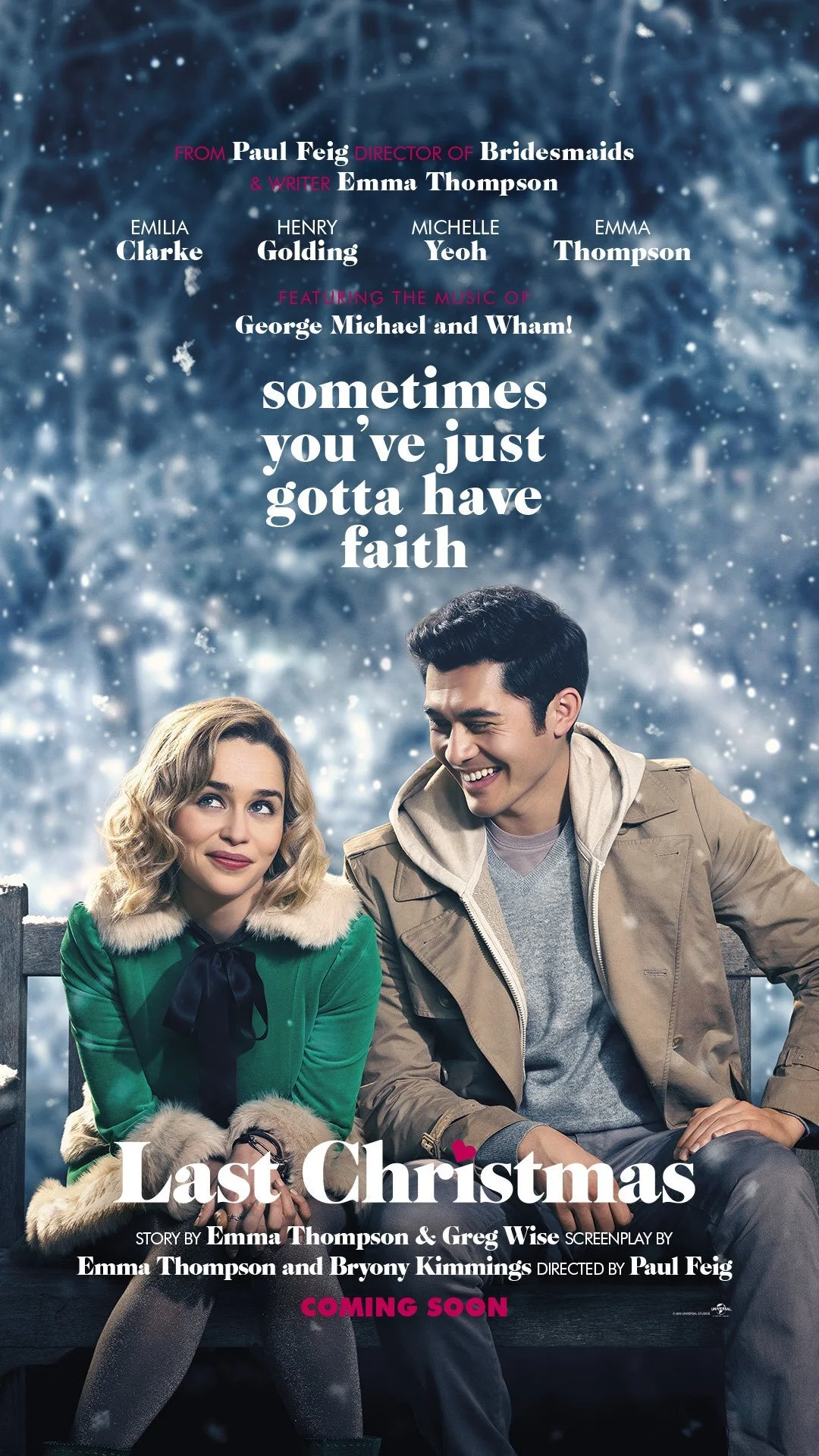Last Night in Soho
Ten Second Review: A hodge-podge mess of ideas, Wright would’ve been better off picking a story and sticking to it rather than having a bit of everything and ending up with nothing. Faux style that squandered its chances for substance.
This is one of those rare times that I will be giving spoilers. Consider this a warning!
I try not to rag on films too hard. Generally I find some redeeming features and try to understand a film’s intent as much as it’s final result. This becomes harder when you expect more from certain film makers. If your film is designed as a cash grab and it isn’t very good I know that the scale for both my expectations and it’s odds of quality are skewed lower from the outset. If it’s an original property by a creative director, inevitably your scale for grading is a little harsher.
Arriving fresh faced in Soho, Ellie (Thomasin McKenzie) is a brand new fashion school student. After escaping her less than perfect assigned halls she takes a room in the top of an old house near Goodge Street. When she discovers this new room gives her access to the 60s London she’s always dreamed of, she can’t wait to get home each night, but what lurks beneath the bright lights and big characters?
Last Night in Soho is being sold as a horror thriller and for the first portion it is that. There’s mystery and pace and curiosity and you are just intrigued to find out where it goes. The sad thing is that it seems the writers were doing the same. Everyone chucked in their ideas ad rather than edit, everyone made it in the final film. What if she has a psychotic break? What if none of it was real? What if it was all real? What if these things we set up never actually bare fruit at the end? What if we paint all buyers of sex work as abusers? What if we make them victims too? What if she dies? What if we forget that that was going to happen? What if we don’t really explain anything and hope that people will be fine with it because it’s Edgar Wright and looks stylish? Oh, also let’s ignore how fire works to build a non-sensical but dramatic climax!
I love a wild ride with lots of questions, but you either need to be able answer the questions posed or give the audience the information to answer the questions. If there are multiple answers to those questions for audiences to discuss then great, but there needs to be at least a chance for this. Inconsistency through negligible story telling isn’t cute, it isn’t clever and it only serves to undermine your credibility as a writer and film maker.
There’s a section where Ellie is looking for a murder case in old news articles. We already know the murder took place in the late 60s yet she asks for every murder from 1960 to 1969. Why? It’s then remarked that she has a lot of work to do and she agrees but she has at the very least doubled her own work for no reason. Did the writers forget what they’d already told audiences or did they just not care? There are so many moments like this throughout where I was just like “…but didn’t they already say…didn’t they already show us…how can that track from what we’ve already seen?”. It’s a type of carelessness that is either degrading of the filmmakers’ abilities or suggests their own degradation of the audience. Maybe they simply think people will have already forgotten or won’t notice if they flash enough lights.
Also, “the twist” is such a tired stereotype of this type of pseudo-cinematic film that audiences are surely looking for them by now. It’s tired enough that the fake out twist has become a trope of its own. When you so heavy handedly spoon feed a twist to an audience, people won’t be surprised when it does happen. The same goes for the fake out twist. If we only ever hear one character’s first name and only hear another character’s surname, and their ages match, you can be sure as shit they are the same person.
I was eager to see the end of this film, to find out how they would resolve such a mess. It seems that their tactic was just to lean into it. In fact they added more layers that only served to complicate and muddy it further.
There’s a host of smaller things that made the film difficult to enjoy; questionable CGI, bad casting choices, some very bad acting (obviously none the fault of Dame Diana Rigg) and a disregard for physics, but as I said I always try to find some positives too.
As just alluded to, Diana Rigg is great, especially considering what she’s working with. In a film riddled with caricature, she remains by far the most believable thing. There is also some stylistic choices I did enjoy. The choice to have the men Sandy slept with as amorphous, faceless, shifting beings was brilliant. It was greatly undercut by the ending, but I thought it was brilliant while it lasted. I also think the music toed the right side of the line to not sound like the trite choices of someone who picked up a “best of the 60s” CD on the way to the pitch meeting and said “let’s just put all of these in”. I also have to give credit for the location being accurate. There are very few moments where the characters are walking around soho and it doesn’t make geographical sense. As someone who has complained about this previously, it only feels fair that I dole out praise for this!
All in all I don’t think Edgar Wright was not the right person to make this film. A more focused version with a defined storyline (told by someone who maybe understood the politics of the discussion(s) a little better) and this would have been excellent. It was jumbled, messy and sadly very disappointing. It feels as though they felt the faux-spectacle may be enough to carry through positive reviews (and maybe it will) but this was a miss for me. We’ve seen neon-noir before, and we’ve seen it done much better.






